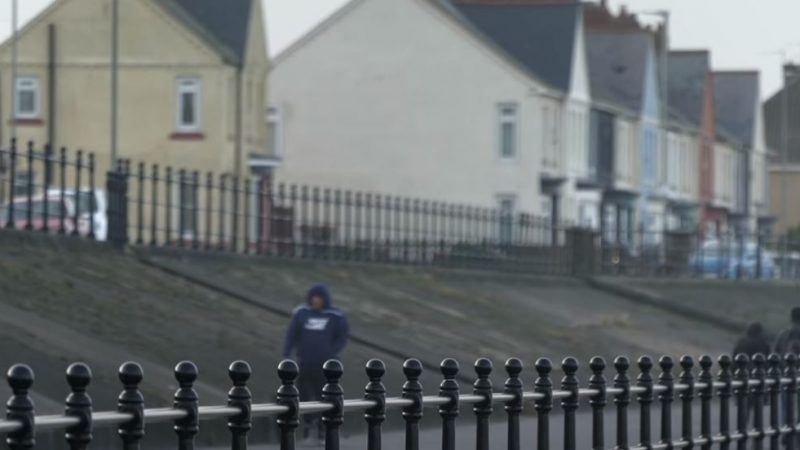‘We need our politicians to set out how they will bring an end to this relentless reality of hardship in the general election campaign.’

The Joseph Rowntree Foundation (JRF) has called on all politicians to urgently address the reality of years-long hardship for families on low incomes.
The call was made following research conducted by the anti-poverty charity which found that the bottom 20 percent of low-income households are facing the same levels of hardship as they were last year, despite inflation falling.
The findings of the Savanta survey of 4,092 adults in the UK in low-income households were scaled by the JRF to population level.
From May 2022 to May 2024, the number of households going without essentials, such as showers, heating, and adequate clothing, ranged from 6.9 million to 7.3 million. Around 5 million households continue to go hungry, skip meals and cut back on food.
It found that 86 percent of low-income households who receive Universal Credit were going without essentials this May. 4.9 million low-income households were unable to replace worn out or outgrown clothing, while 3.7 million sold their belongings.
Responding to the findings, Rachelle Earwaker, senior economist at the JRF described how, despite inflation falling, there has been no let up for the poorest families, who are just as likely to be going without food as last year.
“We need our politicians to set out how they will bring an end to this relentless reality of hardship in the general election campaign.
“Political leaders need to tell us what they will do straight away to help families who can’t afford life’s essentials, as well as their long-term plans to tackle poverty,” Earwaker added.
On May 24, during his general election campaign launch in Scotland, Keir Starmer said the party will not be able to afford to scrap the two-child benefit cap if Labour wins the next general election.
The policy was introduced by the Tories in 2017, and prevents parents from claiming child tax credit or universal credit for third or subsequent children. It is said to be one of the biggest drivers of rising child poverty – up from 3.6 million children below the poverty line in 2010/11 to 4.2 million in 2021/22.
Starmer said that while he was committed to ending child poverty he would not make promises he couldn’t afford. The announcement caused disquiet among senior Labour politicians. Andy Burnham, the Greater Manchester mayor, said he should promise that “when there is the headroom to do something, this clearly should be at the front of the queue.”
Left Foot Forward doesn't have the backing of big business or billionaires. We rely on the kind and generous support of ordinary people like you.
You can support hard-hitting journalism that holds the right to account, provides a forum for debate among progressives, and covers the stories the rest of the media ignore. Donate today.



